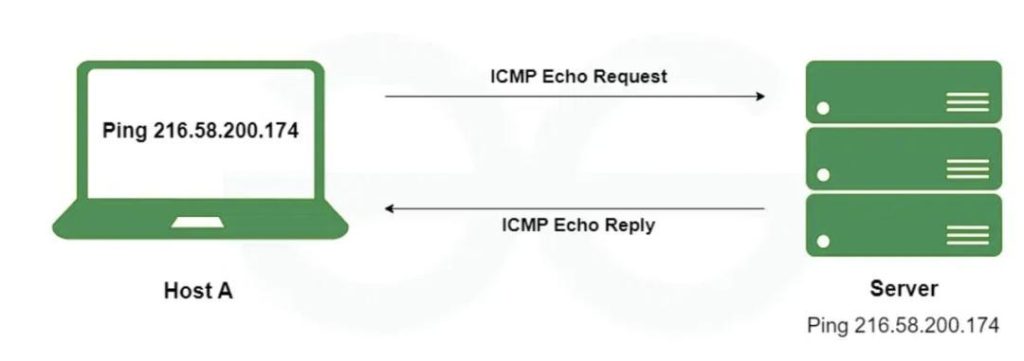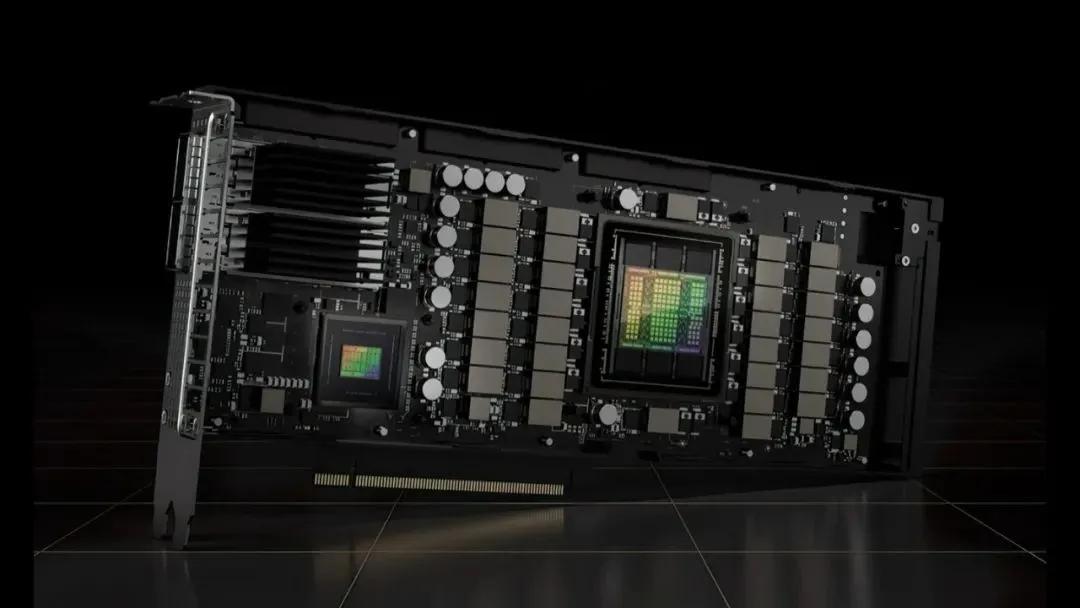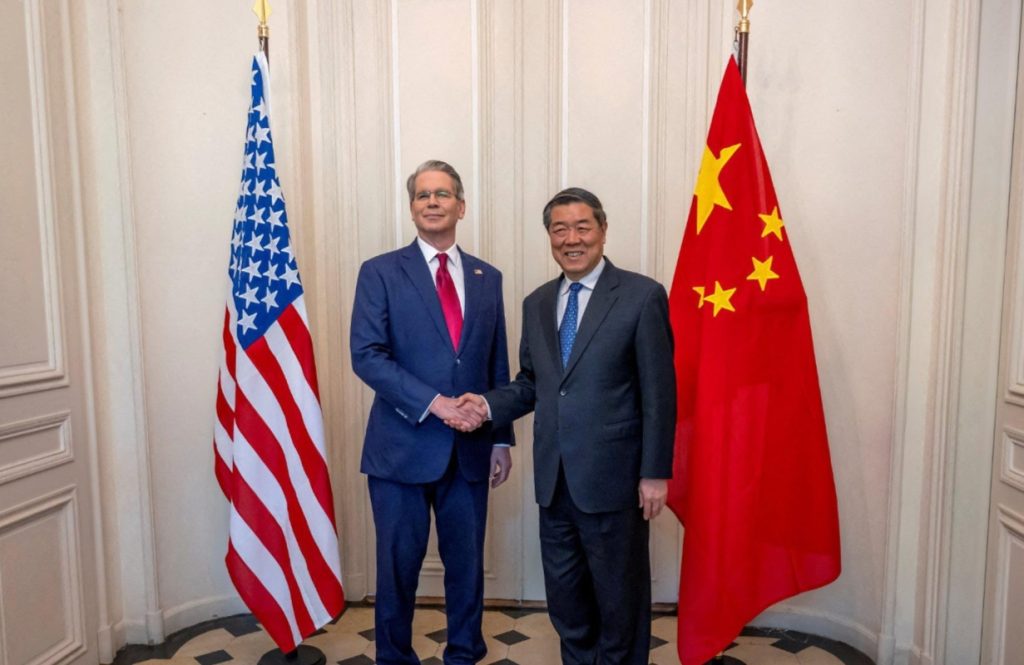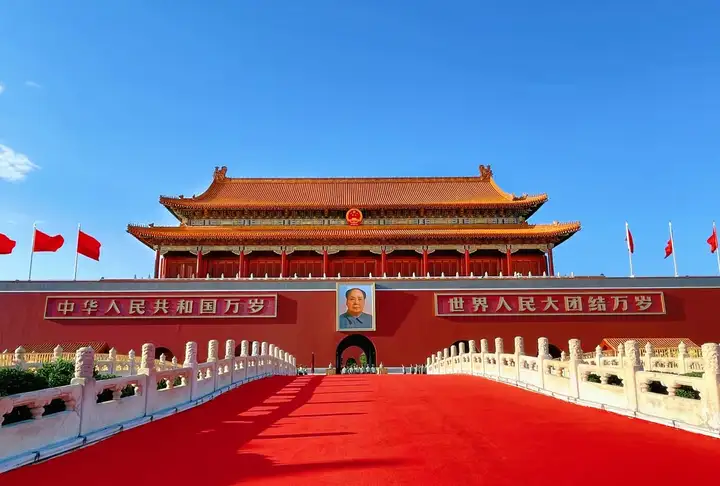NVIDIA Being Summoned for Talks – This Might Be More Serious Than People Think
NVIDIA has been caught in a bind lately.
Just days ago, Jensen Huang (CEO of NVIDIA) came to China, proudly announcing the sale of H20 GPUs to the Chinese market—finally unloading billions of dollars’ worth of stockpiled chips.
But then, NVIDIA was summoned by Chinese authorities over security risks related to backdoors in the H20.
At first, I thought this was just unfounded gossip. But when I saw major state media outlets reporting it, I knew this was no small matter.
After digging deeper, I uncovered the real story behind this. In short: Jensen Huang really has the U.S. government to blame.
I bet Huang is fuming so hard even his leather jacket can’t contain his anger.
So, what exactly happened?
Although the state media reports were brief, they contained critical information—especially these two sentences:
“U.S. politicians are calling for advanced chips exported by the U.S. to be equipped with tracking capabilities.”
“U.S. AI experts have pointed out that current chips already have built-in positioning technology.”
In fact, state media was being diplomatic. U.S. lawmakers aren’t just “calling for” tracking—they’re writing it into law via the Chip Security Act.
The U.S. government embedding backdoors in chips and software isn’t new. But openly legalizing such covert tactics? That’s a first.
They’ve really stopped pretending…
This bill was partly triggered by the explosive rise of DeepSeek earlier this year. DeepSeek’s performance was so impressive it shocked U.S. officials, leading to a security report in April. The report cited Graphika (a social media research firm) suggesting DeepSeek’s tech might have been built using banned GPUs smuggled into China.
In other words, the U.S. would rather believe we built cutting-edge AI with smuggled chips than accept that we innovated around computing limitations.
So they latched onto “advanced GPUs being smuggled to China” and pushed through chip-control bills:
- April: The Stop Stealing Our Chips Act – offering bounties to whistleblowers exposing chip smuggling to China.
- May: The Chip Security Act (by Rep. Bill Foster) – requiring chips to have location-verification tech. If a chip enters a restricted zone (e.g., China), manufacturers must remotely lock it.
If passed, every U.S.-tech chip would wear an electronic shackle.
Bill Foster, a particle physicist turned politician, understands chip design and AI. He’s likely the “U.S. AI expert” cited in state media—and he’s openly stated that NVIDIA chips already have most tracking tech built-in.
Why wait until late July to summon NVIDIA? Probably not out of courtesy to Huang’s visit. In June, the U.S. held meetings about maintaining AI dominance. By July, they doubled down on the Chip Security Act to target China’s AI sector. The bill has bipartisan support and faces little opposition.
So, summoning NVIDIA now is timely and justified.
But this isn’t just about pressuring NVIDIA. The tech involved is more concerning than many realize.
The bill doesn’t rely on GPS (easily hacked) or geofencing (hard to implement globally). Instead, it uses Ping-based positioning—a mature, hard-to-defeat method.
How Ping Positioning Works:

- A device (e.g., phone, GPU) sends a “Ping” signal to a server.
- The server replies. The round-trip delay is measured.
- Since fiber transmits at near-light speed (~300,000 km/s), distance is calculated. Example:
- 1 ms ping delay ≈ 300 km round trip → 150 km distance.
- To triangulate a device’s position, distances to ≥3 trusted “landmark servers” (e.g., Server B, C, D) are needed.
Per the bill, AI chips must use built-in keys to ping these servers periodically. No internet? Your card may not work.
This can be done via software—even on older GPUs. Engineers already demoed a basic version on H100 GPUs in Singapore.
Risks for China? Considerable.
Costs for NVIDIA? Annoying but manageable.
Per analysis in Location Verification for AI Chips (by Asher Brass):
- Firmware/software updates: ~$1 million.
- Building “landmark server” networks near smuggling hotspots: $2.5M–$12.5M/year.
For Huang, it’s pure pain: unnecessary costs forced by DC politicians.
But as Brass notes: NVIDIA recoups the cost by selling just 500 extra chips.
Which makes it even more frustrating—H20 chips are already struggling to sell in China. The U.S. government’s move just made everything worse.
So yes, Huang is the victim here—harmed not by China, but by his own government.
That said, on core tech like this, China must keep investing in domestic R&D. Huawei’s Ascend GPUs are already showing promise. We’ll push until bills like the Chip Security Act end up as useless scraps of paper—tossed into the dustbin of history.
COMMENTS:
Comment 1:
If this passes, every country will want controllable hardware. Today you lock China’s GPUs; tomorrow, the EU’s? UK’s? Middle East’s? Singapore’s? The U.S. is tearing down free trade.
Reply 1.1: The U.S. has been dismantling free trade for a while. China is the one defending it now.
Reply 1.2: The EU’s been a U.S. puppet since the Prism scandal—they didn’t even dare speak up.
Reply 1.3: Remember when the U.S. remotely locked Pakistan’s F-16s? Many countries still bend the knee. Not every nation has the will to be truly sovereign—only two and a half do: the Eastern power (China), Russia, and half of India (or Brazil?).
Comment 2:
The U.S. easing H20 restrictions had Huawei nervous. Now? This move just convinces the market U.S. tech isn’t reliable.
Reply 2.1: Why would Huawei worry? H20’s compute power is nerfed—it can’t train big models, only do inference (with boosted memory: 96GB vs. H100’s 80GB).
Comment 3:
If ping is slow due to bad internet, would it fail the test?
Reply 3.1: It’d use the shortest ping time within a period (e.g., 1 hour). If consistently slow, it fails.
Comment 4:
High-performance chips should be banned for Russia, North Korea, Iran—they’d use them to build digital tyranny.
Reply 4.1: Then rare earths should be banned for the U.S., UK, Israel—they’d use them for digital colonialism.
Reply 4.2: Higher education shouldn’t be wasted on people like you—you’d only become a burden.





King88slot… King of slots, eh? Big talk! Prove your throne’s worth sitting on with awesome graphics, great payouts, and a royal gaming experience. Rule your luck here: king88slot